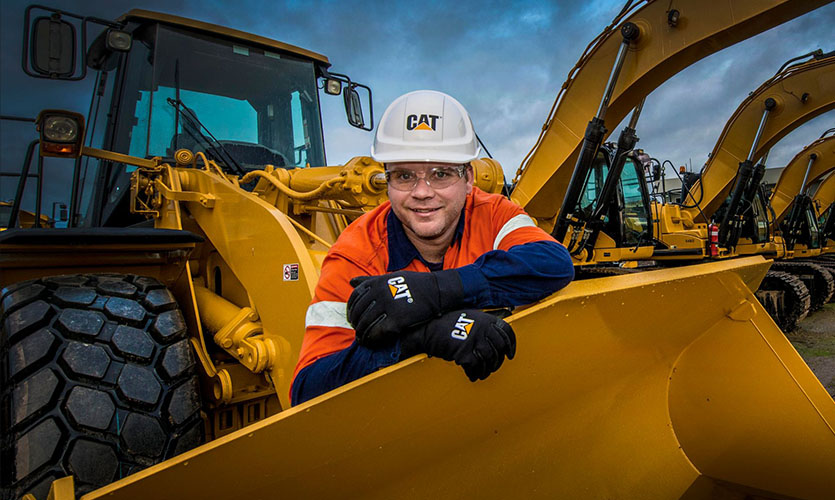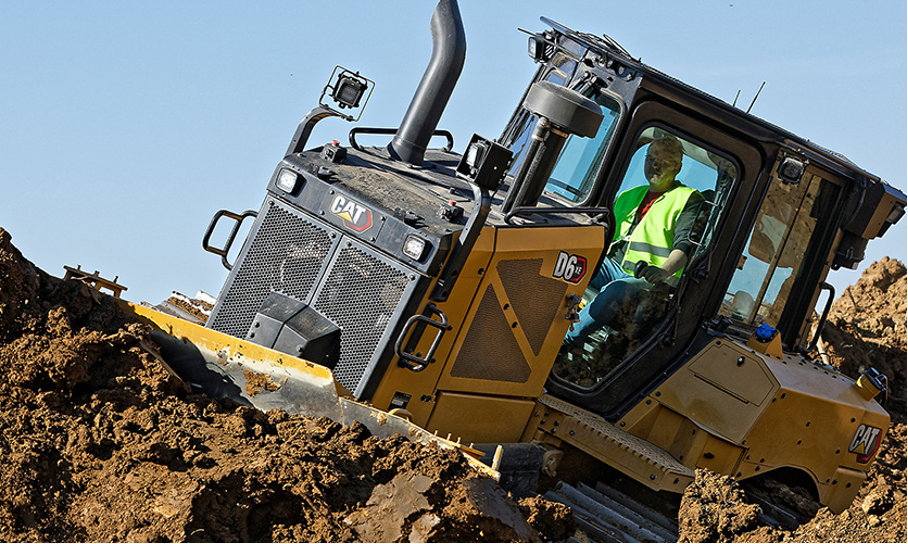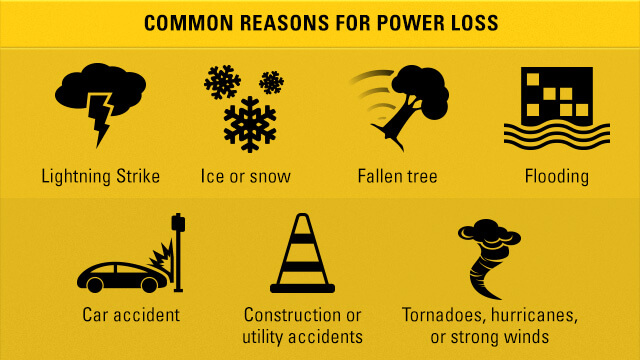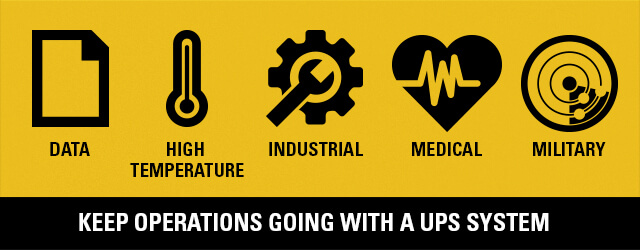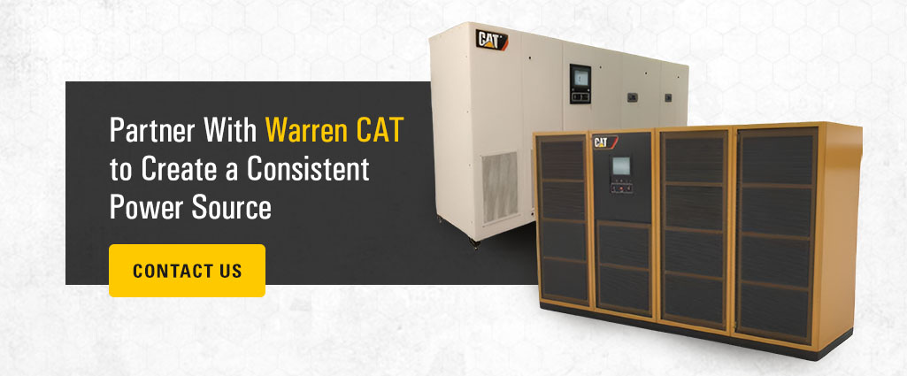Specialty equipment is designed to perform specific tasks efficiently, consistently and precisely. For example, you may need to break up pavement to replace an old road or driveway. In that case, a jackhammer can come in handy. The right equipment for your niche projects can enhance your business’s productivity, profits and quality.
Warren CAT is your one-stop shop for specialty rental tools and equipment. Whether you work in construction, mining, landscaping or agriculture, we have solutions for every job site.
Construction Site Support Tools
While we’re known as the region’s authorized Cat® dealer, we also supply rental machines from other reputable brands. These partnerships enable us to provide a broader range of construction site equipment, such as power generators, jackhammers, skid steers and telehandlers. We also supplement our equipment line with the latest technology features, helping your workflow become all the more efficient.
You can find nearly anything on your construction equipment checklist, including:
1. Power Solutions
A reliable backup electricity source is often necessary for a job site, as you never know when you might need it. Warren CAT has the region’s most comprehensive selection of rental power generators if you need to supply power to your operation.
We have vast expertise in power solutions if you need more clarification on what power capacity your site requires. Connect with one of our experts and we’ll match you with the right unit. Our rental generators fulfill many applications, including:
- Powering lights and equipment for outdoor events, such as fairs and concerts.
- Providing backup power at remote work sites.
- Helping industrial facilities continue operations while the primary power source is down for maintenance.
- Allowing emergency crews to work uninterrupted in disaster relief zones.
We have both diesel and natural gas generators available for rent. These units are self-contained, and are available mounted to a skid or a trailer for easy transportation between sites.
2. Light Equipment
Proper illumination is essential for construction crews to work safely and efficiently. That’s why light towers are critical construction site safety equipment. They provide clear visibility for dimly lit work settings or nighttime projects, reducing hazards and injury risks on the work site. Light towers can also enhance security and help safeguard facilities, equipment and materials.
If you need to rent a light tower in the Texas Panhandle, West Texas or Oklahoma, turn to Warren CAT Rentals. We have plenty of solutions to handle your short-term lighting needs. We can also help you select the ideal light tower to ensure maximum brightness for your site. We assist every step of the process, including:
- Delivering the light tower to your site
- Installing and starting up the light tower
- Performing emergency service and routine maintenance as needed
- Removing the light tower from your site when you’re finished with it
3. Tools
Having the right tools for your project makes all the difference in efficiency. Fortunately, you can find many of the tools you need at Warren CAT Rentals, such as:

- Jackhammers. If you need to break up concrete, stone, asphalt and other dense materials, you can find rental jackhammers at Warren CAT. Manufactured by Atlas Copco, these pneumatic breakers include a vibration-reducing hand and arm protection system, which can reach up to seven times the trigger time of a standard jackhammer. Their polyurethane silencers can also decrease sound by up to 75%.
- Light compaction equipment. We have multiple light compaction solutions for rent, including trench rollers, plate compactors and tampers. These units come from high-quality brands like BOMAG and Wacker Neuson.
4. Construction Site Equipment
With our extensive rental selection at Warren CAT, you can easily cross off the different machines on your construction equipment list. Our lineup includes:
- Mini skid steers. A mini skid steer loader is perfect for smaller-scale material handling tasks, such as spreading and grading soil, digging and filling small trenches, plowing snow or clearing debris from the site. Warren CAT offers Ditch Witch mini skid steer rentals with superior traction and maneuverability for more challenging terrains.
- Telehandlers. Telehandlers are true workhorses, letting you lift, carry and place large material loads. Despite their heavy-duty load capacities, they have a compact frame so you can easily navigate more confined work areas. Telehandlers suit many job sites, including construction sites, farms and landscaping settings. At Warren CAT Rentals, we have several JLG telehandlers for rent in Oklahoma and West Texas.
- Landscaping equipment. Wood chippers are indispensable for disposing of excess branches, limbs and logs. We have Vermeer wood chippers for rent, which are known for their durability, ease of use, safety features and convenient transportation.
Industries We Support
Many businesses need reliable machinery for specialized operations, from construction sites to waste management companies. Warren CAT serves a diverse variety of industries with our well-maintained equipment, including:
- General construction. Construction sites rely on various tools and equipment for building projects, including telehandlers, jackhammers and light towers. Keep your construction workflow on track with solutions from Warren CAT Rentals.
- Landscaping. Landscaping projects involve a great deal of digging, grading and hauling materials. Renting equipment from Warren CAT — like mini skid steer loaders, telehandlers and wood chippers — can make these tasks far more efficient.
- Paving. You’ll need reliable equipment if you frequently handle roadwork and paving applications. We have a range of solutions for the paving industry, including compactors, skid steers and pavers.
- Mining. We also cater to the mining sector, supplying critical tools and equipment like articulated trucks, hydraulic shovels, motor graders and pneumatic breakers.
- Agriculture. Farming and agricultural operations depend on quality equipment for land leveling, tilling, plowing, planting and material hauling. Warren CAT Rentals is your go-to resource for farming machinery, including telehandlers, skid steers, wheel loaders and backhoe loaders.
Save on Costs by Renting
If you’re seeking an economical solution to get the equipment you need, renting may be the right option for your business. It helps you avoid a high initial purchase cost and reduce overhead. You can also forgo expenses like permanent storage space and equipment repairs.
When renting from Warren CAT Rentals, you can access various tools and equipment at competitive rates. Our knowledgeable representatives can connect you with the best solutions for your projects and needs.
Choose Warren CAT Rentals for Specialty Tools and Equipment
You’ll find many necessities for your specialized tasks, from general construction equipment to light towers and generators at Warren CAT. We proudly serve Oklahoma and West Texas with durable, expertly maintained rental equipment.
Streamline your operations with specialty support equipment from Warren CAT Rentals. Please browse our selection of site support equipment, or contact our team about your rental needs.


